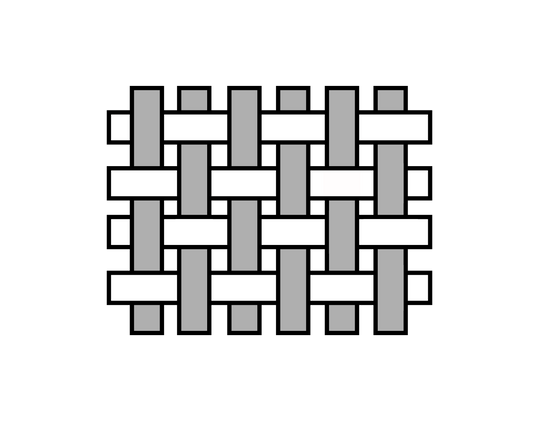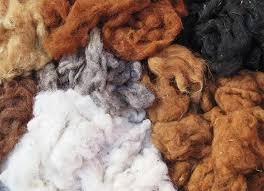Soy protein, also known as "plant-based cashmere" or "silk for vegans," is an environmentally friendly regenerated plant protein fiber. Made from soybean pulp, a byproduct of tofu and soy milk production, it offers a sustainable alternative to silk and other natural fibers.
The History of Soy Protein

Soy protein fiber emerged as an environmentally friendly response to the growing demand for alternative textile fibers. Unlike animal fibers like silk, soy protein is produced from renewable plant-based raw materials, making it an attractive choice for environmentally conscious consumers.
The Properties of Soy Protein

Smooth and Soft: Soy protein has a soft and smooth texture, with a natural shine reminiscent of silk.
Delicate, Less Strong than Other Natural Fibers: Although soft, soy protein is less strong than other natural fibers like cotton or wool.
Retains Heat: It offers insulating properties, retaining heat in a similar way to other natural fibers.
Antibacterial Properties: Soy protein naturally has antibacterial properties, making it suitable for various textile applications.
Why Choose Soy Protein?

Choosing soy protein for your clothing and textiles allows you to support environmentally friendly production while benefiting from its unique properties. With its softness, natural shine, and insulating properties, soy protein offers a sustainable and elegant alternative to traditional fibers like silk, suited to the needs of modern consumers.







